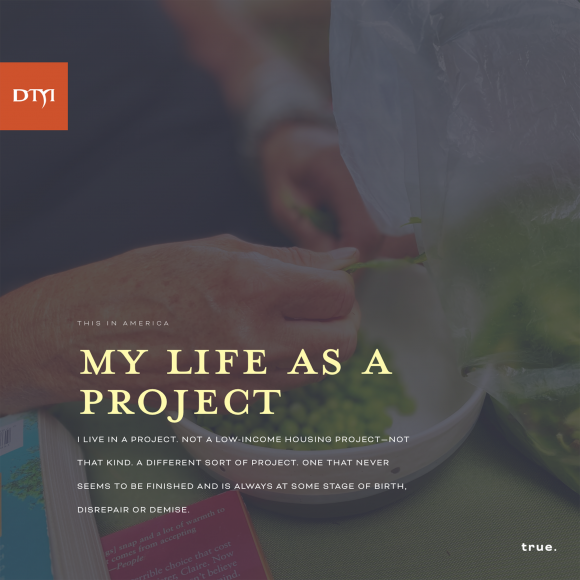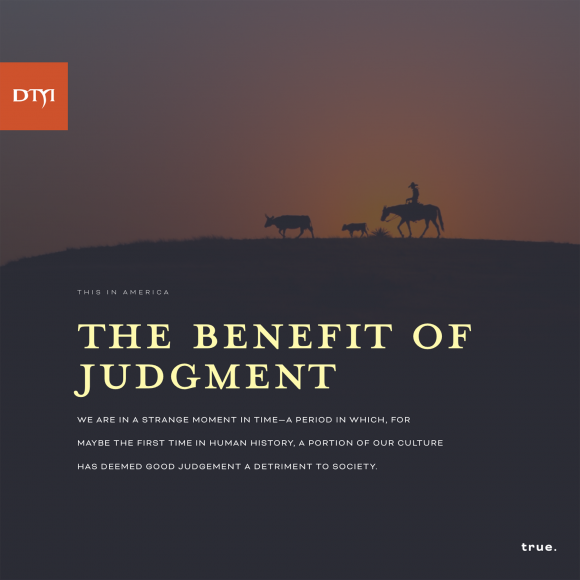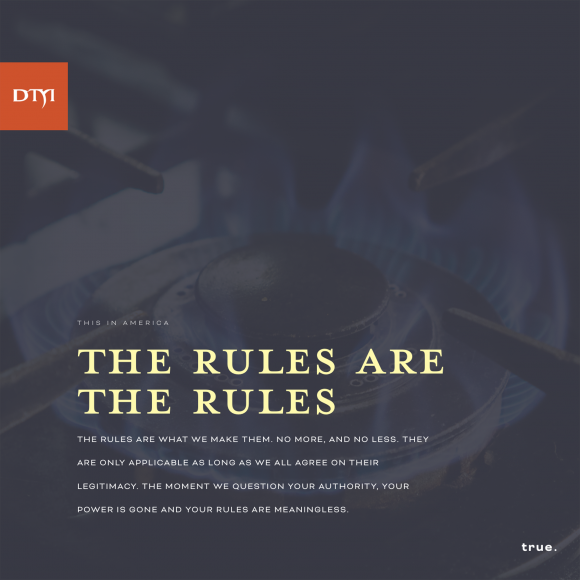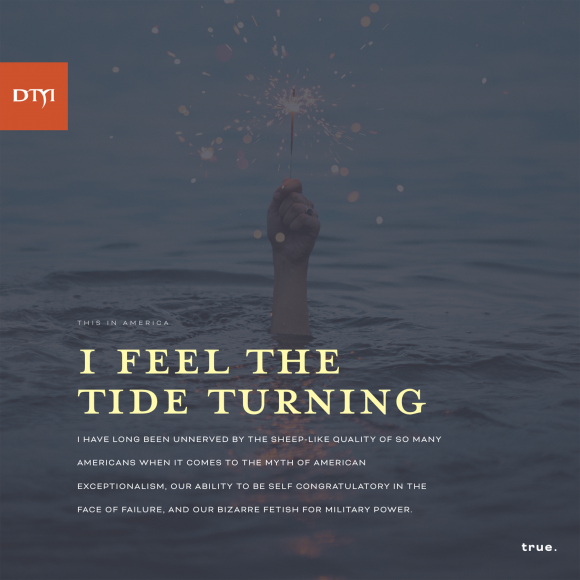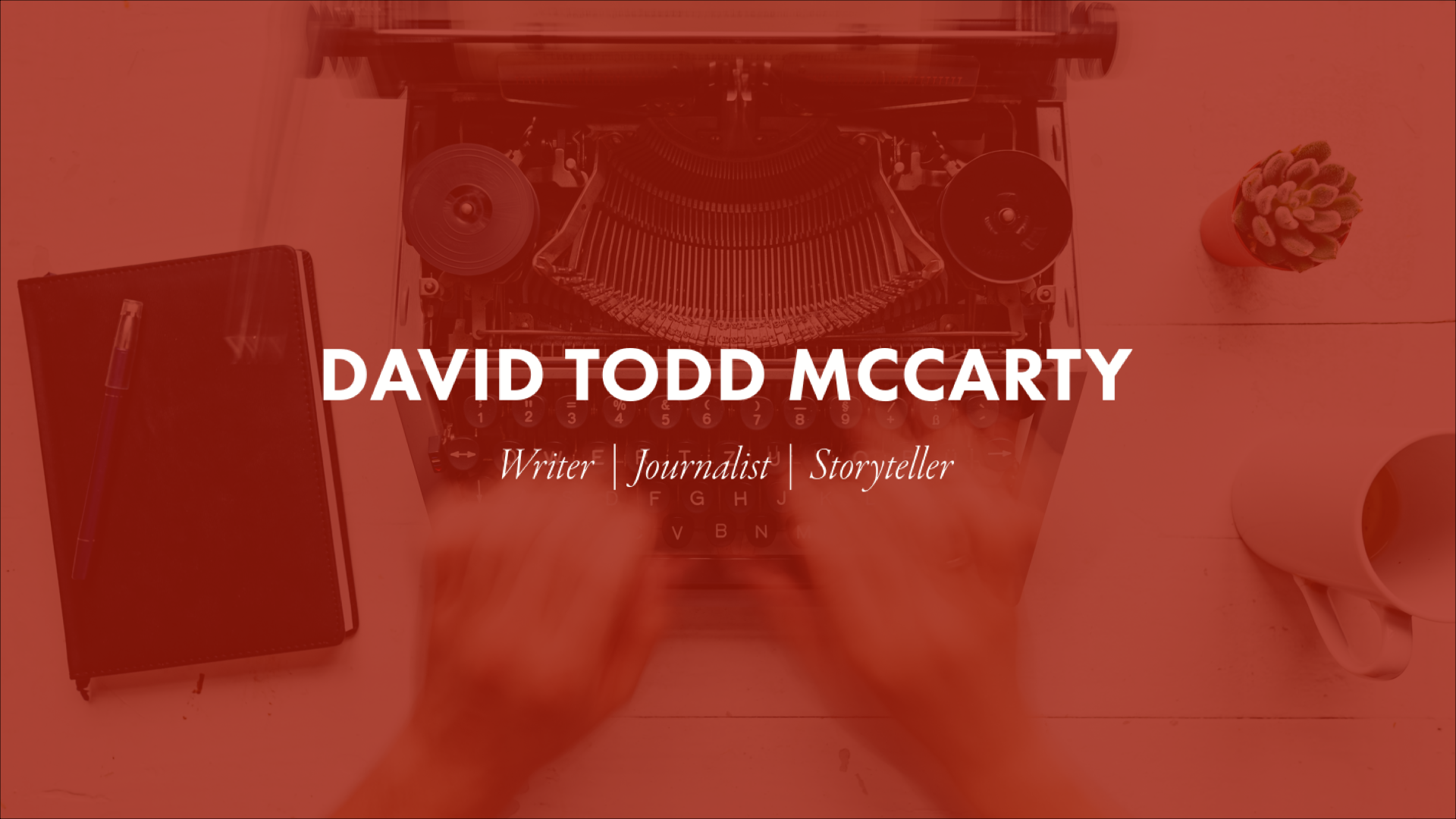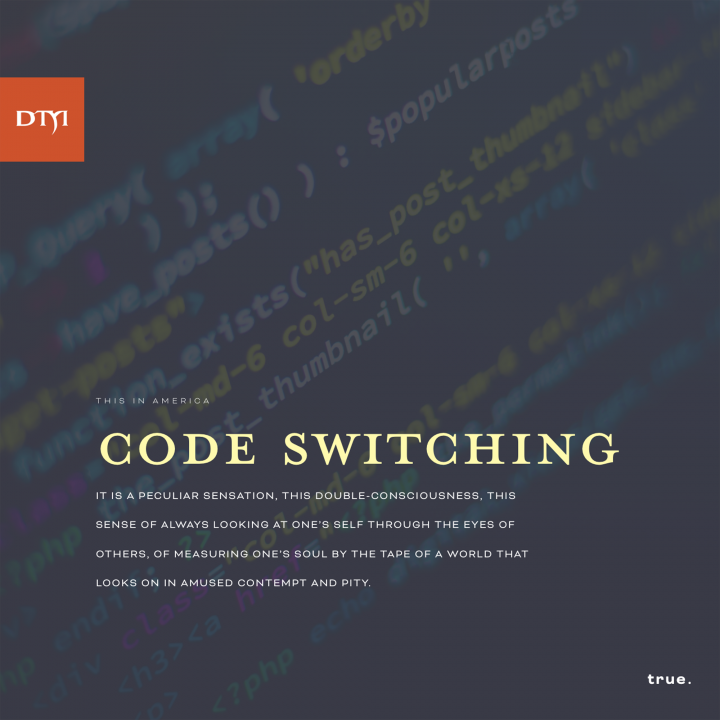
The sociolinguist Einar Haugen coined the term “code-switching” in 1954 to describe language alternation, or the mixing of two or more languages, or dialects. In the 1970s it was adopted by Black academics to describe communication between the Black community in relation to white society at large.
W.E.B Dubois, world-renowned scholar and civil rights advocate, alluded to the concept of code-switching more than a century ago, when he wrote, “The Souls of Black Folk” and said,
“It is a peculiar sensation, this double-consciousness, this sense of always looking at one’s self through the eyes of others, of measuring one’s soul by the tape of a world that looks on in amused contempt and pity. One ever feels his two-ness, an American, a Negro; two souls, two thoughts, two unreconciled strivings; two warring ideals in one dark body, whose dogged strength alone keeps it from being torn asunder.”
In the popular parlance of today, code-switching most often refers to ethnic minorities switching between their authentic speech to a more formal presentation used to interact with a more corporate, or simply white, society. This goes beyond grammar and syntax and affects pronunciation, dialect and even physical mannerisms. In the case of bilingual individuals, it would also entail changing language altogether, and the entire cultural brain space that entails.
In the Black community this most often presents itself as switching from a more casually pronounced African American Vernacular English (AAVE) to a more formal English, employing a greater enunciation of each consonant and vowel, and stressing each syllable.
That this is a survival technique should not be lost on anyone, but it’s important to recognize that white English is for most Black Americans, a second language. Their native tongue, if you will, is AAVE. They’re bilingual. How they speak at home is not necessarily how they address you at the bank. Blacks in South Africa or Jamaica speak perfectly fluent English, but that is not the language they speak at home, or amongst friends and peers. This is no different.
I think most white people are at least vaguely aware of this phenomenon, but I think many people have it backwards. They think when Blacks are amongst other Blacks, that they change their voice and mannerisms for effect, not the other way around. So that when Oprah is speaking to another Black person and she begins to speak differently, she’s not putting on an act for show, she’s pulling aside the veil for a moment. It’s more likely that the Oprah you think you know from television is not the authentic Oprah, but the manufactured one, the stage act.
This is all to get to a different point about code switching as a cultural phenomenon in human behavior. How often do we change our tone, cadence, dialect, attitude or even body language to suit the environment we find ourselves in?
My guess would be that this is more prevalent within groups that must traverse class or race on a regular basis, than with those who are more insulated. If you’re white and relatively wealthy (or even just solidly middle class), you are unlikely to have ever experienced this. You speak the way you speak, and frankly expect everyone else to speak the way you do. Everything else is lower class and sounds uneducated to your ear. You praise anyone from a different race or class with sounding educated or sharp, when they manage to speak as you speak.
We’ve perpetuated this idea across the board in American culture for years in the form of broadcast media, where we expect someone who reads the news to do so without a regional accent and relatively flat affectation, regardless of gender, race, or regional origin. We are all intimately aware of this even if we don’t think about it consciously.
I’m trying to think if I ever have occasion to do this. Are there situations where I feel the need or see an advantage to changing how I speak to more effectively communicate with an audience? We have all been in situations where we begin to incorporate the accent, dialect or slang of the person we are speaking to. We may catch ourselves, but it’s a natural inclination to mirror the people we are communicating with. But it’s not something I ever think of turning on and off, mainly because I am a member of the white ruling class. I am the default position and the expectation is that everyone will change to suit me.
This is an important thing to understand.
But I am now trying to determine if there are other ways we do this in society, outside of race or class. In church for instance.
I grew up in a white, Protestant, evangelical church. I don’t mean I attended a church building occasionally on Sundays. I mean we were IN the church. It was part of our identity. And with that identity comes a common language.
I am mostly divorced from that culture at this point in my life, but I can slip back into it with ease if need be. But having been away so long, it’s like I have a foreign accent that I’ve picked up. A secular dialect if you will. I still remember all the words, but they don’t flow as easily and I use them more self consciously. We don’t generally walk around talking about grace and fellowship in everyday life. Unless you live in an insulated bubble where everyone you know is part of that community. A religious, cultural ghetto.
I was just writing this morning about the so-called “gay voice” and that community’s need to change their tone depending on the safety of where they are. I’m curious if this will change over time. As the LGBT becomes more widely accepted and mainstream, will we get to a place where this goes out of fashion, or will it go the other direction and become a cultural touchstone, a purposeful means to separate oneself into a different group?
I don’t have a snappy conclusion for this bit of mental tinkering. No neat way to wrap it up. The more I know, the less I understand. Once you realize that there are so few absolutes in life, you become much more interested in the journey. The discovery of new ideas is the fascinating part, not the postulations of foregone conclusions. I was wrong about what I thought yesterday, and I will be wrong again tomorrow.
There is an upside to exploration though. While it’s true that the more you know, the less you understand, it’s also true that the more you know about your own limitations, the more you see. When your mind is open to the idea of being wrong, you can see things you didn’t notice before, because you haven’t already concluded that you have all the answers.
No one is more stunted emotionally and intellectually than a supremely confident man. Children see the world most clearly and openly because they risk failure by the minute. That’s where we need to try to live. Childlike wonder at all things we don’t know.
Then we will be able to see more clearly, and be surprised by all of it.


